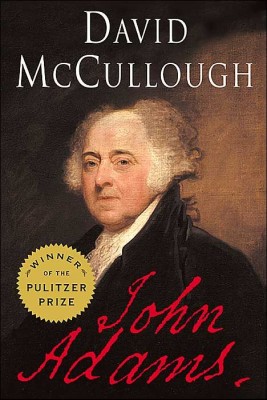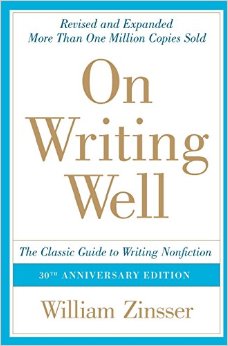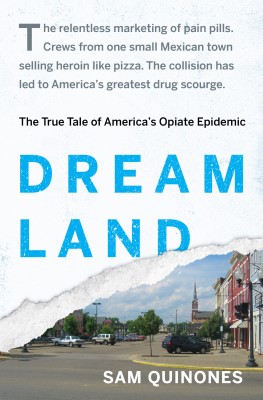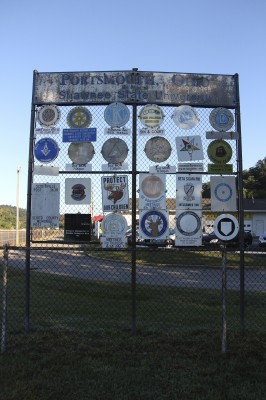A book titled Diet for a Small Planet that changed a lot about our country turns 50 this year, but it has never been more relevant.
Diet for a Small Planet revolutionized food consumption in America by asking us to think about what we eat and where it comes from — our responsibility for our personal health and the planet’s.
When it came out, I was in sixth grade and oblivious. Yet the book changed my mother’s ideas about food and diet at our house — ideas in our family we later adopted as logical. It did so across the country, creating a whole new focus on healthier, natural food — new jobs, new businesses, new industries.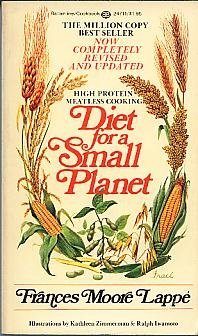
Decades later, however, as I wrote Dreamland, I began to realize that the problem Diet for a Small Planet presented in 1971 had a lot to do with the origins of the opioid epidemic. In particular, that a root of the epidemic was in our own consumer decisions.
As pressure to prescribe opioids intensified, many docs early on told us that, rather than those pills, what we needed was: to eat better food, get more exercise, stop smoking/drinking, examine how we’d been living and take responsibility for our own wellness. We Americans, generally, as a culture, didn’t want to hear it. We pushed back, demanding pills, quick and convenient miracle solutions that didn’t require that we change or accept responsibility for our own health.
Doctors everywhere felt that pressure and gradually they increased opioid prescriptions. There are many reasons why those prescriptions increased annually for years, but that’s one.
Opioids are terrific drugs when used correctly and they have a legitimate role in pain management. But that role is not to be in every American’s medicine cabinet. That’s where we were headed. One reason for that, I’m convinced, is a culture of demanding quick, easy solutions, instead of making choices that are hard, daily, and yield results slowly.
Many people needed these pills for their life-mangling pain; many, though, did not. The consequences of that have been catastrophic for the country. (A woman I spoke to recently said her 20-year addiction to heroin and now fentanyl began when a doctor prescribed her hydrocodone for a foot rash.)
None of that had occurred to me when I began writing Dreamland. The realization came slowly — that we all have responsibility for this problem, that we can all be part of a sane solution to rampant pill prescribing. I changed my diet – no more sodas. Then I did it again after I survived a heart attack. More fruit, vegetables, grains, more exercise (walking, swimming, light weight-lifting at home), very little processed food — all in an attempt to accept responsibility for my own actions, particularly those actions that have larger consequences, as the opioid epidemic showed us they do.
I’m fitter, lighter, feel more in control of my body and life, more prone to joy, frankly.
I’m asked often who’s most to blame for the opioid epidemic. I think people often want to hear me say that drug companies are the culprit. Certainly, as Dreamland, and my next book, The Least of Us, make clear, these companies behaved outrageously.
But writing Dreamland, I also came to realize that the only person I can control is me. I can make the change that will improve my life and in doing so, make myself less dependent on whatever next comes from the drug industry — or the food-soda industrial complex, or the video-game industry, or social media or … .
That’s the liberating message of Diet for a Small Planet — that each decision we make in our personal consumption matters; that our wellness we ought not leave to others, but accept responsibility for in our daily lives; and that the small changes we make can add up to something enormous.

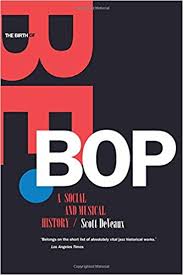
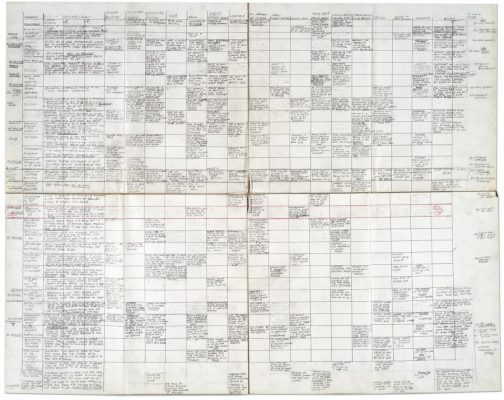





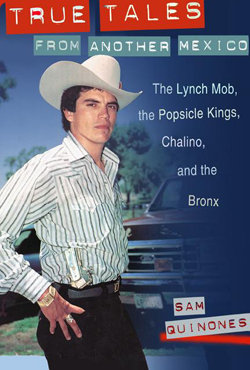
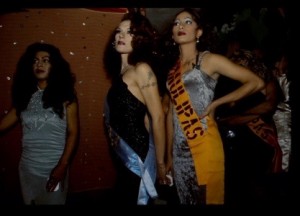
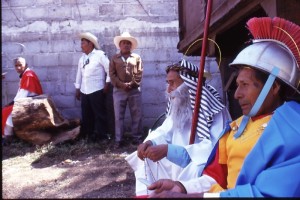

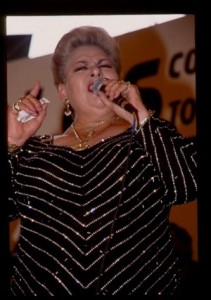
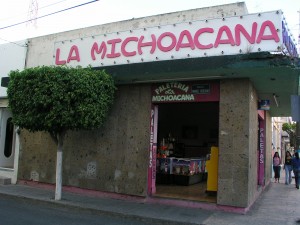
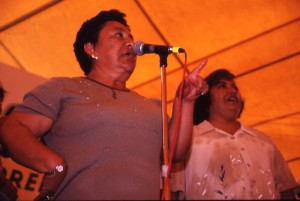
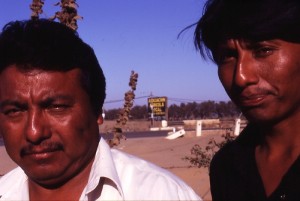




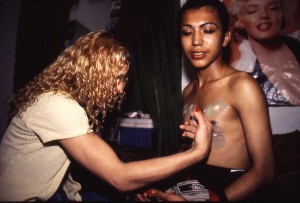
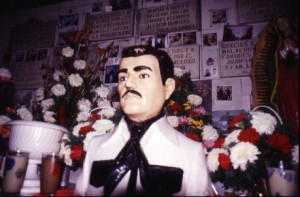
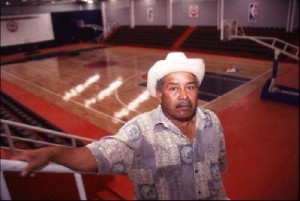
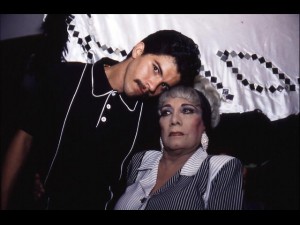
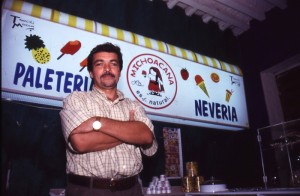
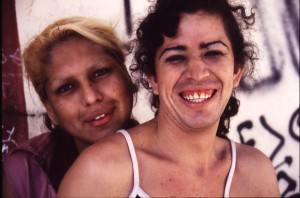
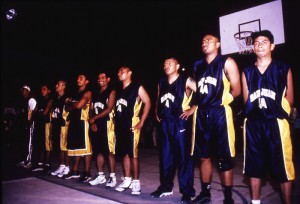
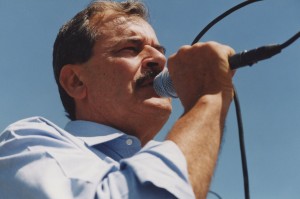

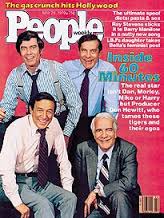
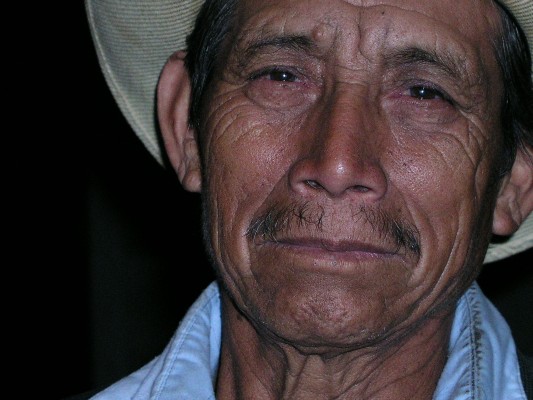 002 and 2003,
002 and 2003,